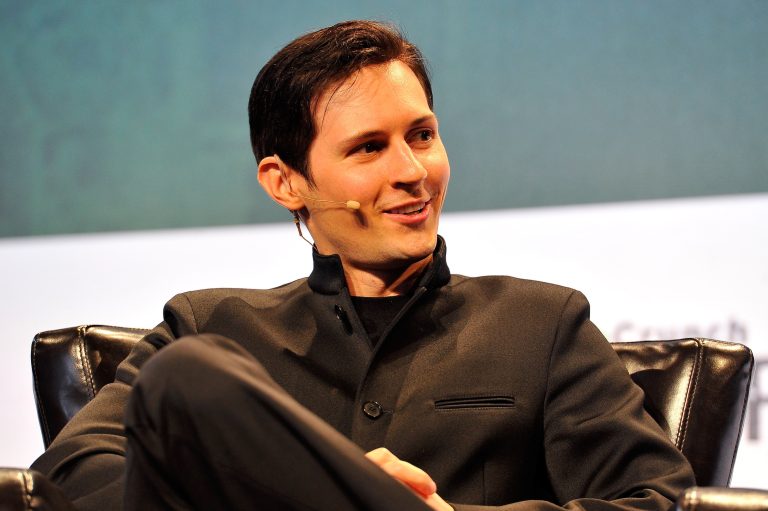Lindy Cameron, the new head of the UK’s National Cyber Security Centre (NCSC), recently warned in a speech at Queen’s University that the country needs to be “clear-eyed” about the potential tech threats posed by China. She pointed to the recent cyber-attacks involving Microsoft Exchange and SolarWinds to explain the “range of cyber threats we currently face.”
“Since it was founded, the NCSC has supported the public attributions of four states – North Korea, Iran, China, and Russia – for having undertaken hostile activity in cyberspace. And we continue to be alert to the threat that these states – and others – pose to the UK. In cyber – like in other areas of security – Russia poses the most acute and immediate threat to the UK. But – as the Integrated Review makes clear – we must be clear-eyed about Chinese ambition in technological advancement,” she said during the speech.
Cameron believes that China will impact the world at a more fundamental level than Russia, due to the sheer scale and size of the Chinese market, as well as the rapid technological innovation taking place in China. Calling the changing nature of China a major geopolitical shift to be seen this decade, she noted that there is an interest in knowing how secure Chinese tech products are from the perspective of cyber security.
Cameron said that cyber security is still not taken as seriously as it ought to be, and suggested that basic cyber-hygiene is a necessary life skill as important as knowing how to wire a plug. She lamented that cyber security is not embedded in the country’s boardroom thinking.

The NCSC chief executive not only wants to boost the UK’s cyber resilience, but also plans to make the country one of the safest places to work and do business online. As to NCSC priorities, they include four key things.
- Make critical infrastructure a hard target for third parties who seek to disrupt it.
- Ensure that privacy is appropriately managed, protecting the ever-increasing amount of data that is generated and processed.
- Make sure the next generation of commodity technologies do not repeat past security mistakes.
- Equip future generations with better ways to deal with the complexity of cyber security than their predecessors.
Success
You are now signed up for our newsletter
Success
Check your email to complete sign up
NCSC is part of the UK’s Government Communications Headquarters (GCHQ) intelligence agency and is tasked with the duty of protecting the country from cyber-attacks. It has tackled over 2,000 significant incidents including state-sponsored attacks. When the organization was set up, over 5 percent of the world’s malicious sites were hosted in the UK. This number has been reduced to 2 percent. Just last year, the agency took down hundreds of thousands of malicious URL web addresses.
Cameron’s statements come as a former head of MI6, Sir Alex Younger, recently warned that China represents a generational threat that is poised to become much stronger as its economy gets richer. In an interview with BBC Radio, Younger rejected the notion that the Chinese will “become more like us” as it gains more wealth.
“That’s not going to happen. On the contrary, I expect China’s Communist party to double down on its ideology in the future… There’s going to be an ideological divergence between us in the future, that’s going to generate rivalry and reduce trust,” he said in the interview.
Follow us on Twitter or subscribe to our email list







